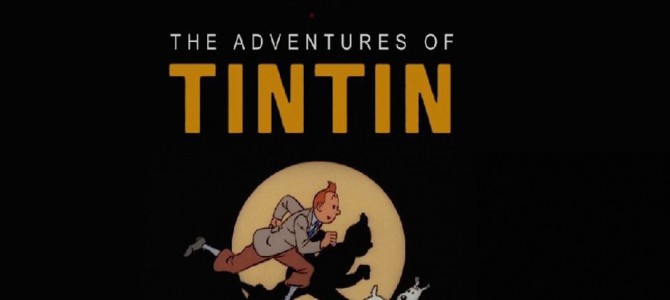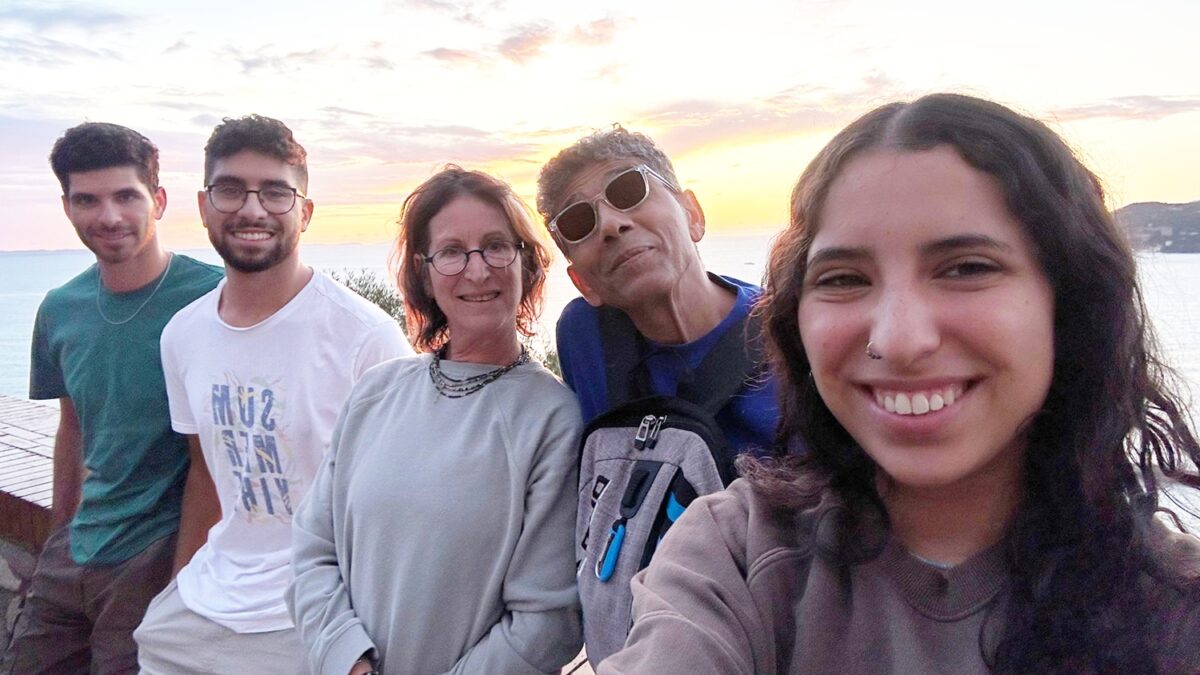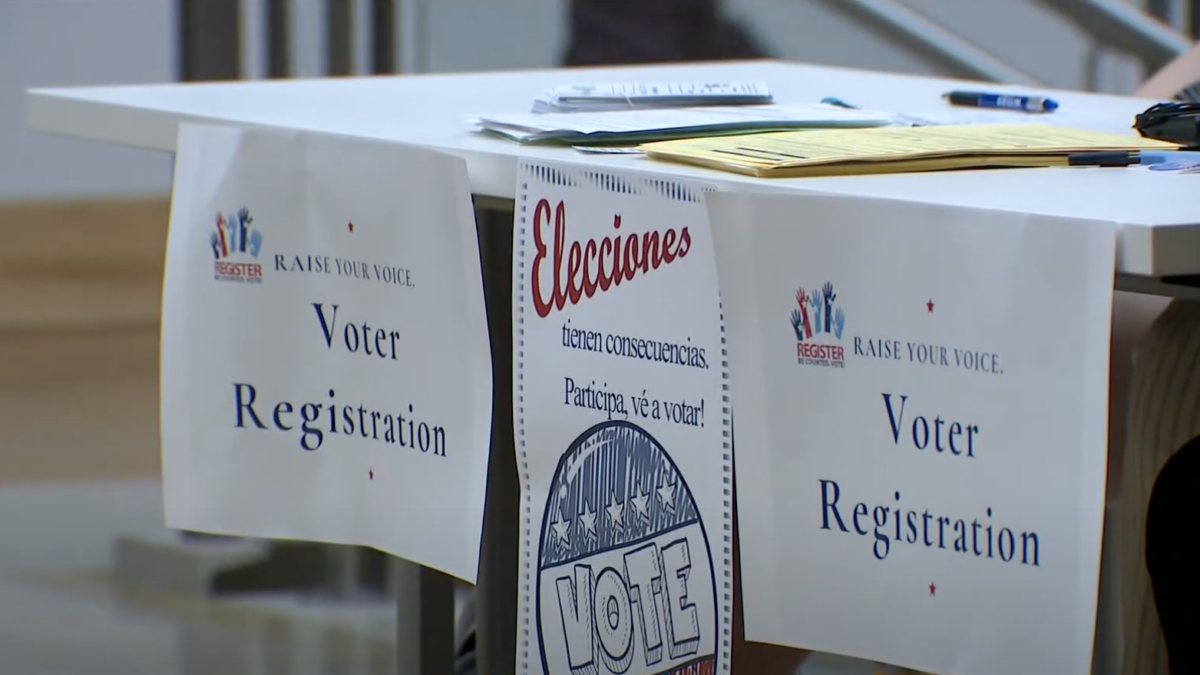When I was growing up, I learned a great deal about life from reading Hergé’s comic books – The Adventures of Tintin. The boy reporter, his dog, Snowy, and his foul-mouthed companion Captain Haddock are the main figures in adventure after adventure, which place the young hero in the midst of crises which often have world-changing consequences.
The scenarios they inhabit are full of threats and intrigue, the potential for disaster, and the suspense that comes from an ever-present possibility of crime, coups, and acts of violence. The protagonists are aware of this, and always on their guard – representing a very Belgian spirit: they are Gallic, intrepid, and mean.
As Benjamin Kerstein wrote on the subject, from 2009:
The truth is that Tintin has always been the Gallic hero par excellence. There is nothing remotely American about him. And what those of us who love the character and revere his creator — the melancholic and childlike Herge — have always responded to has been precisely that. For us, Tintin was our earliest window into another world. A world far older, more compromised, more frightening, and more pessimistic than the wide-open dreamscape of American pop culture. A world infused with the ever-presence of the political and that particularly European sense of crisis. Tintin’s world is a fantastic landscape that is always in danger of collapse before real-world forces and real-world violence. There could be nothing that is further from the phantasmagoria of the American superhero comics, with their ubermenschen laying waste to the forces of evil, always rendered, even in the supposedly ‘grim and gritty’ genre, as incredulous grotesques, their evil made manifest by their physical deformity and the derangement of their actions.
This was Herge’s genius. His world of adventure is an inversion of the original. The traditional children’s tale brings the adult world into that of the child, so that it is forced to play by a child’s rules: the manic bursts of energy, the corrosive violence of an unfettered and unapologetic Id, authority and evil as mere caricatures of themselves. Herge brought the child’s world into that of the adult.
What Tintin reveals to us about the Brussels attacks is how much that perspective – the childlike but accurate perception of the world – has faded in our common discussion of reality.

Megan Oprea makes a strong case that it is Europe’s fear of “Islamophobia” – their unwillingness to pressure immigrants and refugees into assimilation as part of Western culture – that lead to the insulating environment allowing terror networks to thrive. The reality is that these attacks will change nothing in established policy or politics — just as none of the previous massacres did — and that’s why the people in the U.S. and Europe both are moving into revolt.
The instinct of our ruling class in America and Europe is always to reaffirm pieties. The people believe it for a long time, because they want to, but eventually they conclude they’ve been deceived. And in furthering that deception, the current leaders will set the stage for more blood-and-soil politics.
It is more likely that in the near term, current European leaders will say Europe should adopt the American model of integration, but we should not expect them to push for significant reforms. Although German Chancellor Angela Merkel’s Christian Democrat party suffered significant losses in state elections earlier this month almost entirely as a reaction to Merkel’s migrant policy, she said the policy would not change.
If voting trends continue, Merkel and her ilk will eventually be replaced by the likes of Frauke Petry of Germany’s nationalist Alternative for Germany and Marine Le Pen of France’s right-wing National Front. These leaders will take the blood-and-soil route. Because much of the support for these right-wing parties comes from younger voters, as is the case with the Sweden Democrats (now the most popular party in the country), they represent the future of European politics, not just its troubled past.
Sometimes it takes the perspective of an innocent to perceive what the adults refuse to see. What Tintin reminds us of in the context of the Brussels attack is the extent to which our modern respectable leadership has deluded themselves, and for so long, about the world they now inhabit.
They refuse to see what even a child could see: that the Emperor has no clothes, that their claims to the impacts of refugee ghettos and unassimilated Muslim populations are unbelievable, and that no amount of fear and death will compel them to reevaluate their positions. The perspective of the leadership class seems, upon further consideration, all the more naive, disconnected from reality. And that is why the people cry to replace them.









